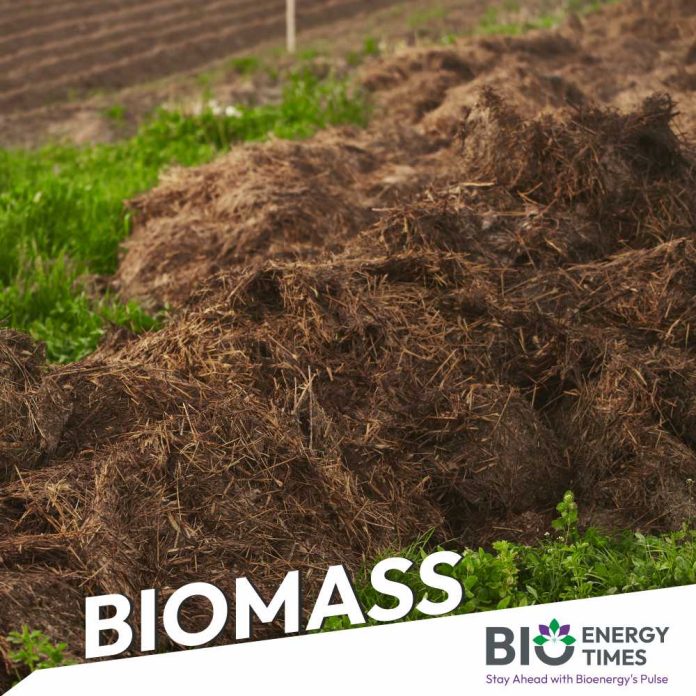Environmental groups urge German state-owned bank KfW to stop financing biomass energy projects in Serbia

Environmental groups are urging Germany’s KfW bank to stop funding biomass energy projects in Serbia due to concerns about deforestation and air pollution. KfW is financing a €32 million program for biomass facilities in Serbia, which they argue threatens forests and exacerbates pollution. The groups advocate for redirecting funds towards energy efficiency, and renewable sources like wind and solar. The plea follows Serbia’s recent agreement with the EU on lithium supply and a court ruling on a controversial mining project.
On Monday, numerous environmental organizations urged Germany’s state-owned bank KfW to cease financing biomass energy projects in Serbia, citing concerns over deforestation and reliance on carbon-based energy sources.
KfW is backing a 32-million-euro ($34.6-million) program to establish biomass facilities in Serbia.
Biomass is derived from organic materials such as trees, plants, and urban waste, and can be utilized for heating, electricity generation, and producing transport fuels.
Proponents of biomass energy argue that it emits significantly less carbon than fossil fuels. However, environmental groups criticize it due to worries about its effects on forests and biodiversity.
In an open letter, 41 groups from Serbia and across Europe called on KfW to halt the project and any financing for wood biomass energy in Serbia.
The letter stated that the “planned investment threatens Serbia’s forests… and exacerbates the existing high levels of air pollution.”
The groups urged KfW to redirect its support in Serbia toward “energy efficiency and conservation measures, as well as wind, solar, and geothermal energy, which protect nature and public health.”
Since the program began in 2017, four combined heat and power plants have been built in four Serbian municipalities.
In May, KfW approved two new contracts for an additional six wood biomass plants, providing loans totaling 9.9 million euros.
The open letter follows a recent agreement between Serbia and the European Union to enhance lithium supply in the Balkan country.
KfW representatives were present during the signing of the deal in Belgrade.
This agreement came shortly after a court ruling allowed the Serbian government to reauthorize a controversial lithium mining project in western Serbia that had been suspended for two years due to mass protests.

















